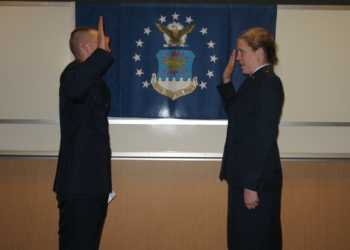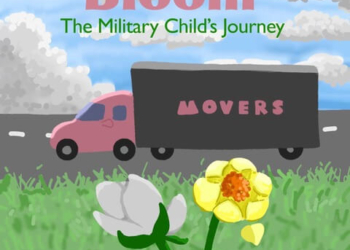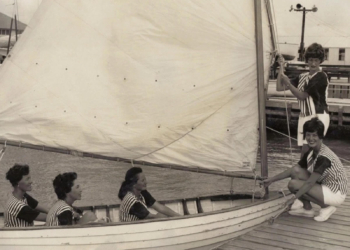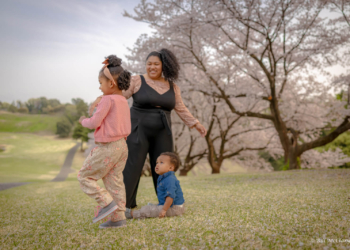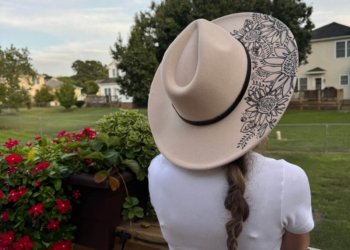Sarah Morgan didn’t know if she believed in love at first sight, then she met Paul J. Miller.
The Michigan native walked by her as she clocked in for her first day of work at a local grocery store. Morgan says she knew she would marry him someday.
“Paul was a funny and thoughtful guy. He was always doing something ridiculous with a big smile on his face,” she said. “Laughter is the way to my heart and he always kept me laughing. There was never a dull moment with him. He would often stop at the store on his way home from work and get me a ‘just because’ greeting card and write something silly in it.”
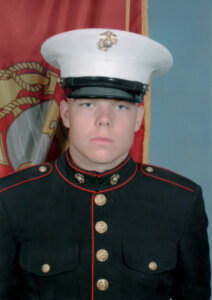
What Morgan never expected was to be a widow at 22. On July 19, 2010, her husband of two years, a Marine corporal, was killed by an improvised explosive device while on foot patrol in Helmand Province, Afghanistan. Her entire world was turned upside down with the loss of her high school sweetheart.
Morgan admits a lot of what happened after that is a blur. She flew to Dover Air Force Base to receive Miller’s flag-covered casket, then traveled to Michigan to make funeral arrangements.
Grief paralyzed her for months, but Morgan knew she ultimately needed a change. Moving to North Carolina was the first big step she took after Miller’s death, but she says her decision wasn’t always met with kindness or understanding.
“There were a lot of people who didn’t accept my move,” she explained. “They couldn’t understand how I could just pack up the life I had with Paul, and move across the country and start over.”
Morgan said the intense backlash and judgment she received created intense social anxiety.
“I felt like my every move was under a judging microscope and I couldn’t escape. Nothing I did was ever right.”
The worst was after Morgan eventually started dating again and met her current husband, who is also a Marine. Friends and family members stopped talking to her and accused her of disrespecting Miller by moving on.
“I hate that term ‘moving on.’ It makes it feel as though I forgot about my past,” Morgan said. “I say ‘moving forward’ because that’s what I had to do. I was a 22-year-old widow. I was too young to just stop living.”
It took Morgan over a decade to finally start feeling like herself again, and as she reached her 30s, the opinions of others stopped weighing so heavily on her.
“I was happy with my life, and by then I felt like I had proved to everyone that I hadn’t moved ‘too fast’ and that I had done what was right for me and my happiness,” she said.
Although she still has moments of social anxiety, she said she no longer allows it to make her a recluse who’s afraid of experiencing life — a message she continues to share with other military widows.
“The most important advice I would give a Gold Star wife is to not stop living,” she shared. “Our husbands died so we could live. They wouldn’t want us to live a lonely, miserable life. Find a healthy way to honor your late husband to give you something positive to focus on.”
That’s exactly what Morgan did. As time passed, she began to worry that Miller would become just another number and his legacy would be forgotten, so she actively pursued ways to keep his memory alive. She had always loved doing nice things for people, and it was important to her that whatever she did had a positive impact on society.
“And then one day it just came to me. I designed some cards with his picture on it that explained why I was doing a random act of kindness,” Morgan explained. “When it started, they were just going to be for me. When I would have a day where I was in my feels, I’d use a Paul card to brighten someone’s day and give his death a purpose.”
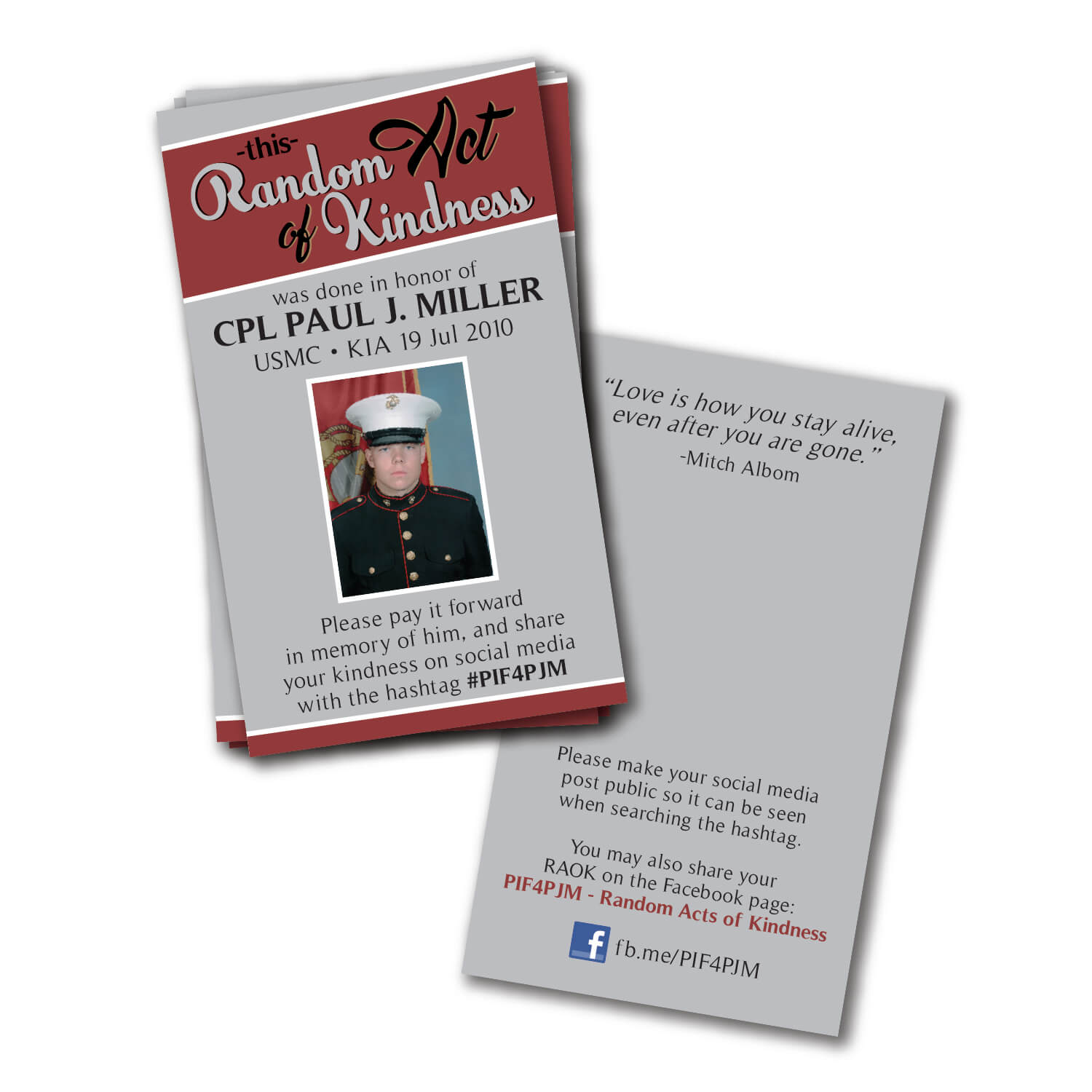
But when she posted her idea of pay-it-forward cards on Facebook, she was unprepared for the overwhelming response she got from others who wanted to participate too. Eventually, she made a Facebook page for the cards so her idea could easily expand outside of her friend group. Over the past seven years, she has mailed out more than 10,000 cards all over the world.
Along the way, she’s had an outpouring of support. Strangers have sent her postage stamps and envelopes, and a print company sent her thousands of the pay-it-forward cards so she wouldn’t have to fund the project alone.
In 2021, customers from a local coffee company in North Carolina, Coffee Haven, donated $500 to the cause and continued to “pay it forward” by paying for the coffees of people behind them and passing out the cards so others could learn the story behind their act of kindness.
“The biggest takeaway from all of this is there are so many good people in the world,” Morgan said. “For too many years I only focused on the bad people and what they thought of me. But the willingness complete strangers have had to help me with this initiative has really opened my eyes to the power of kindness from others.”





















